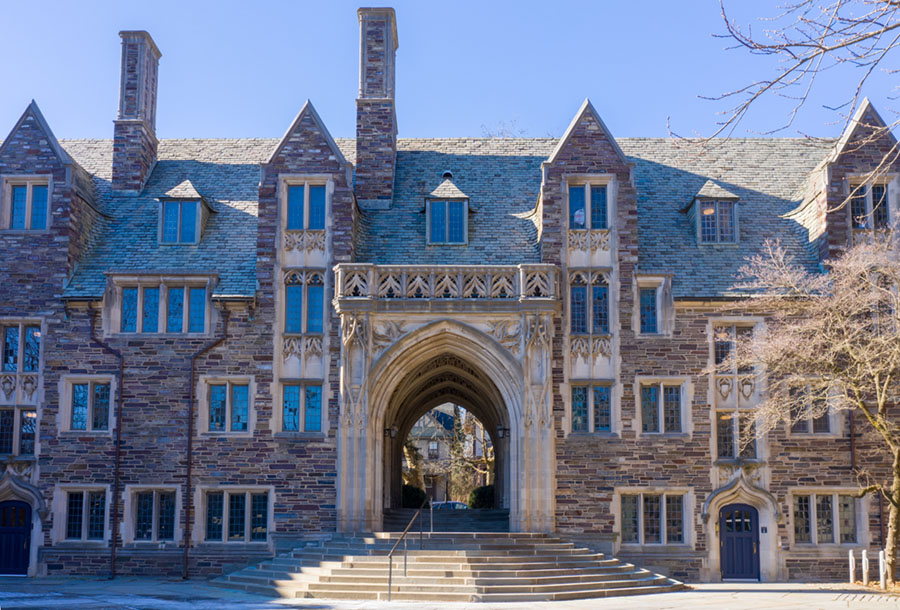
American Revolution Battle of Princeton Rid New Jersey of the British
The American Revolution Battle of Princeton Ended Winter Campaign and Inspired Morale.
The American Revolution Battle of Princeton ought to be studied by more Americans.
It is a perfect example of knowing when one has the upper hand and pressing on to ensure that things don’t regress.
Washington demonstrated his tactical prowess and ability to outfox harsh conditions and unfavorable circumstances with this battle, the last of his major activities in the winter campaign in New Jersey.
The campaign had been kicked off by the lovely Christmas raid at Trenton, when Revolutionary forces caught the normally alert Hessian mercenaries at their Christmas dinner and overwhelmed them.
Iconic paintings portray Washington and a few brave men in a small dingy, crossing the Delaware in the harsh weather, falsely implying that it was the only time he mastered the river that winter.
Bolstered by his victory at Trenton and a follow up attack at the Battle of Assunpink Creek on January 2nd, Washington called in his generals to see if they and their men would be up for another surprise attack on the British.
In the dead of night and the bitter cold, he was plotting what would become known as the American Revolution Battle of Princeton.
As the third unexpected attack on the British of his New Jersey campaign, it was a great way to seize the rising morale of the troops and turn it to his advantage.
Although the ground was frozen, spirits were running hot, so the men agreed to march through the night to fight the British outside Princeton, on a field that is now a national park.
Surprise, Surprise
In the American Revolution Battle of Princeton, Washington was taking advantage of both the brutal weather the frozen ground was key to moving the artillery and the classic bait and switch.
The British were following intelligence that showed troop movement toward Pennsylvania and pulling away from Princeton.
But it wasn’t troops on the move there it was the extra baggage of the soldiers!
Guard down and patrols cancelled, the American Revolution Battle of Princeton kicked off with the British facing the wrong way.
The forward guard of American troops was able to engage them before they were ready.
However, it was a bit of a hustle for the few men in the forward guard to hold off the better-armed British until the clunky artillery could get in force.
Aided by Virginian crack shots who heard of the trouble and raced ahead, the front guard held off the British while Washington got everything else ready.
Still surprised, the British were overrun and retreated to Nassau Hall, where Alexander Hamilton turned the cannons on them.
They put a white flag out the window and surrendered.
Effects of the American Revolution Battle of Princeton
As a result of the Battle of Princeton, the British forces left New Jersey.
It was the end of Washington’s winter campaign and a great boost for the morale of the troops who were happy to see tactical progress on the ground.
While the British played off the losses as minor American wins, the public began to feel as though the colonists could really win this and support surged for the war effort.
Thus, rather than focusing on show victories, it is important for Americans to study the other advances of Washington to learn more about how he led the early fighters to greater wins at necessary moments.
After the Hessian assault at Trenton, he could have rested on his laurels for a time.
However, persistence was what won the war and American independence from the British.

 My First Amazing Ayahuasca Experience
My First Amazing Ayahuasca Experience  Pine Needle Tea
Pine Needle Tea  The REAL Controllers of Humanity: The Papal Bloodlines
The REAL Controllers of Humanity: The Papal Bloodlines  Is it Global Warming or Cooling?
Is it Global Warming or Cooling?  Gun Rights and Obama Examined
Gun Rights and Obama Examined